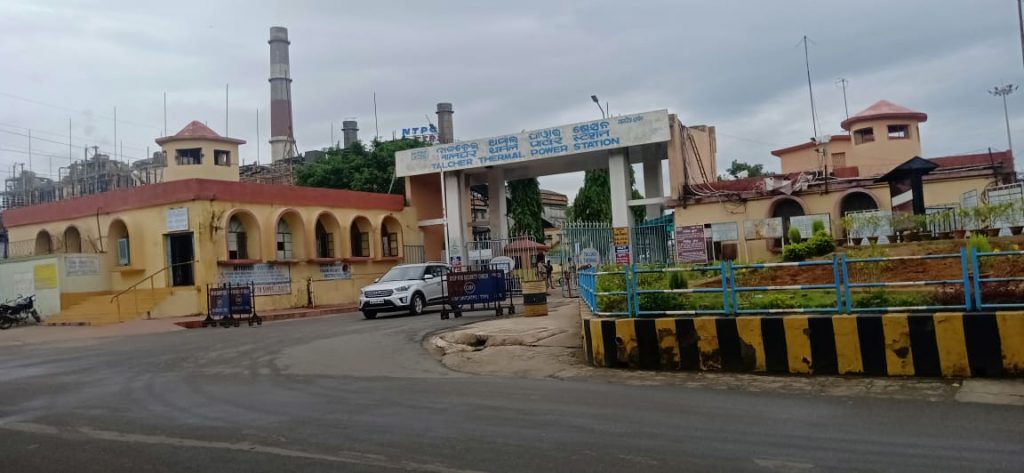Talcher: State-owned National Thermal Power Corporation (NTPC) announced Monday closure of its three 460mw units of the 3,000mw (6,500) Talcher Super Thermal Power Station (TSTPS) at Kaniha after coal stock in its yard plummeted due to shortage. NTPC authorities said that more units could be shut down if the deficiency persists.
Coal supplies to NTPC’s Kaniha station has stopped for the past few months following which power generation at the plant has dwindled to 1000mw against its capacity of 3000mw. An NTPC statement said three units of the plant are running at a ‘technical minimum’ with power generation varying between 900-1000mw.
To run all the six units (460mw each) at their peak capacity, NTPC needs 9,000 tonne of coal each day. NTPC sources said it was making efforts to get coal supplies from other sources to alleviate the crisis. From Monday No. 1, 3 and 5 units have been shut down. Now, power is being produced only in the three other units.
Power from the thermal station is supplied to most districts of Odisha. The recent situation in the thermal centre would affect power transportation to the districts, authorities said.
Furthermore, non-availability of land for coal mining is affecting the power production in TSTPS. On a regular basis, 6,000 tonne of coal was supplied to TSTPS from Jagannath Coal Mines. However, with the stock dwindling to 3,000 tonne from the mine, TSTPS is feeling the heat.
In order to extract more coal, Jagannath Coal Mines have acquired land in Rakash, a nearby village. The villagers have been given compensation money and directed to vacate their land.
However, after receiving compensation, some villagers are not ready to vacate the place and have fixed red flags on their plots. This has further delayed coal extraction process.
When contacted, Jagannath Coal Mines project director SK Choudhry said, “We are not able to extract more than 3,000 tonne of coal due to lack of land. Although, Rakash villagers have been compensated, they are yet to vacate their plots.”
PNN
